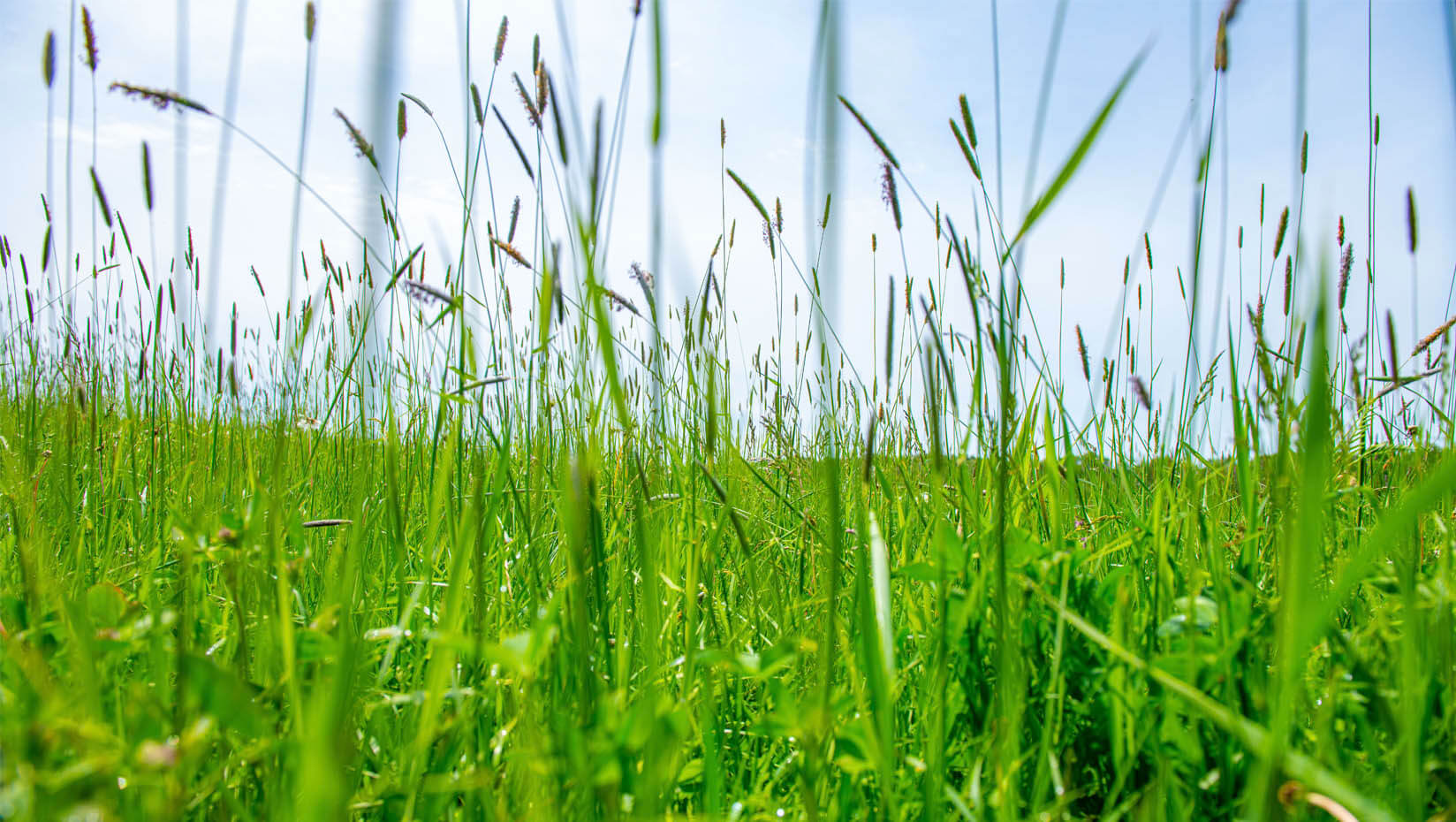
UMaine partners with Maine farm to study PFAS
The University of Maine established a new partnership with Sue Hunter to advance research on per- and poly-fluoroalkyl substances, or PFAS, on her farm in Unity, Maine.
The agreement provides faculty and staff within UMaine’s Maine Agricultural and Forest Experiment Station access to Hunter’s property to advance replicated, experimental research focused on how PFAS moves through living organisms and potential remediation techniques for these so-called “forever chemicals.”
PFAS have been used widely in industrial and consumer products since the 1940s for their resistance to grease, oil, water and heat. The human-made chemicals are linked to a growing list of medical concerns and can bioaccumulate in plants, animals and people.
The research at Hunter’s farm will complement statewide efforts to characterize the extent of this global issue in Maine. The progressive response led by the state of Maine has brought together several agencies including the Department of Agriculture, Conservation and Forestry (DACF), and the Department of Environmental Protection; food system leaders such as the Maine Organic Farmers and Gardeners Association and the Maine Farmland Trust; and scientists across UMaine.
Until recently, Hunter said that she cultivated organic vegetable crops and forage for dairy cows on approximately two-thirds of the 150-acre property. The farm’s business screeched to a halt in early 2022, she said, when a neighboring farmer who purchased hay from her said that it tested positive for PFAS. Hunter and her son Keith rose to action, methodically collecting dozens of soil and water samples to find out where and how much PFAS had accumulated on the farm. Lab results from Northern Tilth arrived in April 2022, and they were jarring. Most of the property was contaminated, including the unfarmed wetlands and groundwater used for irrigation and drinking water.
“It was devastating, it really was,” Hunter says. “We’re farmers and we love our land. We love this place. It’s home to us. I’ve been a farmer since I was 17 years old.”
Once she processed the news, Hunter started to study the results. She noticed that soil contamination levels varied widely between parcels, and wondered if that may make the property well-suited for conducting experiments about PFAS. She reached out to Nancy McBrady, deputy commissioner of the Maine DACF, who, in turn, connected Hunter with Diane Rowland at UMaine.
“The property is perfectly suited to the types of questions that we need to ask and answer about PFAS,” says Rowland, dean of the College of Natural Sciences, Forestry, and Agriculture and director of the Maine Agricultural and Forest Experiment Station who also serves on the state PFAS Fund Advisory Committee. “Setting up an experimental condition with variable PFAS levels and past data collection like Sue has on her farm would take millions of dollars and decades to create. Farmers like Sue are extremely brave to come forward and turn a tragic situation into an opportunity to accelerate vital research on this issue.”
The site access agreement between Hunter and UMaine will provide researchers access to the farm’s land, water and equipment to study PFAS bioaccumulation factors in natural and farm settings. Landowners interested in hosting research on their properties should email nsfaresearch@maine.edu.
Contact: Erin Miller, erin.miller@maine.edu
